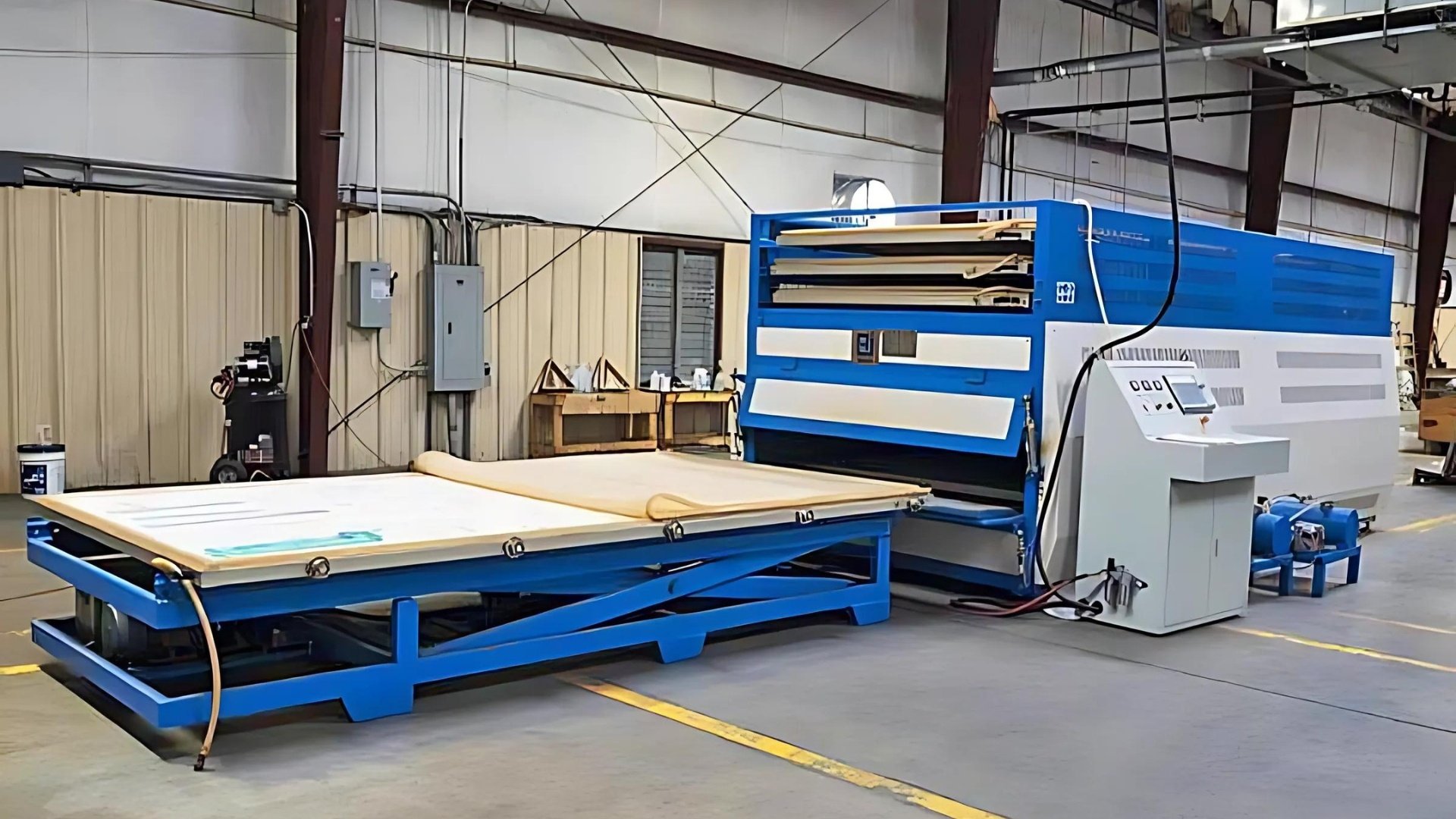
8 Key Factors That Impact the Value of Your Industrial Equipment
.png?width=64&height=64&name=headshot_heather%20(1).png)
When selling industrial equipment, determining its true value is essential to achieving a successful and fair transaction. Pricing your machinery correctly can help attract serious buyers and ensure a smooth sale. But what determines the value of industrial equipment? Several factors come into play, from technology and condition to market demand and location. In this article, we’ll explore these key factors in detail and show you how to maximize the value of your machinery.
Key Factor #1: Technology and Features
The technological capabilities of your equipment play a significant role in its value. Modern machinery with advanced features and updated technology generally commands higher prices because it delivers greater efficiency and aligns with current industry standards.
On the other hand, older equipment that lacks these features may struggle to compete in the market. However, retrofitted or upgraded equipment that incorporates some modern functionality can still hold appeal for budget-conscious buyers. Highlighting unique features in your listing can help set your equipment apart.
Key Factor #2: Market Demand
Demand for specific types of machinery can fluctuate based on industry trends, regional needs, and even economic conditions. Equipment that is in high demand often attracts more interest and competitive offers.
For example, if a particular type of CNC machine is widely used in growing industries like aerospace or automotive, it may sell quickly and at a premium price. Timing your sale to coincide with market peaks can also make a significant difference. Researching market demand before listing your equipment helps you set realistic expectations and maximize returns.
Key Factor #3: Condition and Maintenance
The condition of your equipment is one of the most critical factors in determining its value. Well-maintained machinery with regular servicing and a history of proper usage is far more attractive to buyers.
Providing maintenance records and proof of recent repairs or upgrades adds credibility to your listing. Equipment that is in good working order not only retains more value but also gives buyers confidence that it will perform as expected without requiring significant investment post-purchase.
Key Factor #4: Age and Longevity
While newer machinery generally holds more value, age isn’t the only consideration. A machine’s useful life—how long it can remain productive and efficient—often matters more.
For example, robust equipment with a reputation for durability can still command a good price even if it’s several years old. Buyers often assess whether the equipment has many productive years left, so emphasizing longevity can help you secure better offers.
Key Factor #5: Brand Reputation
The brand of your equipment can significantly impact its resale value. Machinery from well-known and trusted manufacturers tends to sell at a higher price because buyers associate these brands with reliability, quality, and availability of replacement parts or service.
If your equipment is from a reputable brand with a strong industry presence, be sure to highlight this in your listing. Buyers are often willing to pay a premium for brands they trust, even if the equipment isn’t the newest on the market.
Key Factor #6: Efficiency and Cost-Effectiveness
Efficiency is a key selling point for industrial equipment. Machinery that reduces operating costs through fuel savings, faster production cycles, or automation features is highly desirable to buyers. If your equipment has features that improve efficiency or lower production costs, make sure to showcase them prominently. Buyers are always looking for solutions that enhance their operations while saving time and money.
Key Factor #7: Compliance with Regulations
As industries move toward stricter environmental and safety standards, compliance with regulations has become a major factor in determining equipment value. Machinery that meets or exceeds these standards—such as reduced emissions, energy efficiency, or advanced safety features—appeals to buyers focused on sustainability and compliance. Highlighting your equipment’s alignment with modern regulations can make it stand out, especially in industries with stringent requirements.

Key Factor #8: Location and Accessibility
The physical location of your equipment can also influence its value. Machinery that is easy to access or located near transportation hubs is more attractive to buyers because it reduces logistics costs and effort. On the flip side, equipment in remote areas might deter buyers due to higher transportation expenses or logistical challenges. Offering assistance with shipping or factoring these costs into the asking price can help offset this disadvantage.
Know Your Equipment’s Worth
Selling industrial equipment successfully starts with understanding its true value. Factors like technology, condition, demand, and location all play critical roles in determining how much your machinery is worth. Taking the time to evaluate these elements ensures you can price your equipment competitively while appealing to serious buyers.
At EX-FACTORY Auctions, we specialize in helping businesses maximize the value of their assets. Need help determining the worth of your equipment? Use our EX-FACTORY INC. Quick Appraisal Tool for fast, accurate estimates based on real market data. Contact us today and take the first step toward a successful sale!
Ready to get started? Unlock the full value of your industrial equipment with EX-FACTORY Auctions. Visit www.exfactoryauctions.com to learn more about our services, or call us at 704-841-2001 to speak with our team. We're here to guide you every step of the way!


